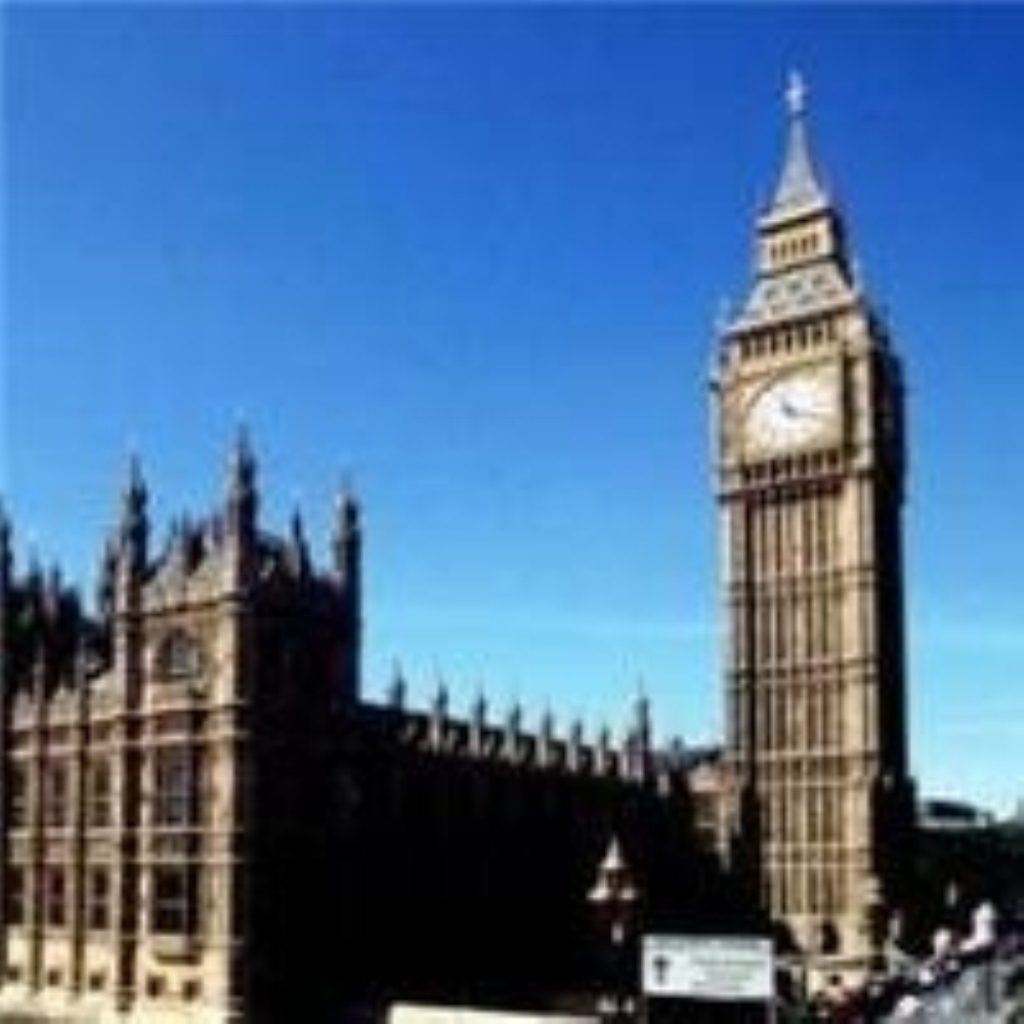Expenses bill ‘threatens constitution’
By Alex Stevenson
The parliamentary standards bill contains clauses which challenge one of the fundamental aspects of Britain’s constitution, the clerk of the House has warned.
In a memorandum to the justice committee yesterday, Malcolm Jack said parliamentary privilege would come under threat if the bill, to be rushed through the Commons next week, became law.
The government has made clear it hopes the bill will become law by July 21st, the date when MPs leave Westminster for the long summer recess. It will create an Independent Parliamentary Standards Authority to authorise and regulate MPs’ expenses.


The bill’s clause six, which Mr Jack claims is potentially ambiguous about the basis of principles of MPs’ code of conduct, could be subject to judicial review as a result.
“This could lead to a finding by a court that the House of Commons was under a duty to adopt an amending resolution,” Mr Jack wrote.
“Under the present law, the courts will not make such a finding, but clause six would provide the courts with a justification for doing so.”
The 1689 Bill of Rights makes clear that “the freedom of speech and debates or proceedings in parliament ought not to be impeached or questioned in any court or place outside parliament”.
But Mr Jack said there was a “substantial” risk the clause would result in “litigation affecting the boundaries of jurisdiction between the courts and parliament”.
Parliamentary privilege, Mr Jack claimed, is also threatened by clause eight, on enforcement, whose wording creates numerous situations where “a question of law to be determined by the courts” would exist.
And clause ten makes any evidence of proceedings in parliament admissible in proceedings for an offence listed under the bill.
“This could have a chilling effect on the freedom of speech of members and of witnesses before committees and would hamper the ability of House officials to give advice to members,” Mr Jack added.
If the qualification were narrowed to comments made by the MP in question, the trial could be deemed to be unfair under the European Convention on Human Rights as the MP could not defend themselves by referring to the comments of other MPs.
Mr Jack said: “This demonstrates the difficulty caused by admitting evidence of proceedings in parliament: either the admission is on such a wide basis that it has a chilling effect on parliamentary proceedings (by prejudicing or effectively removing the right of free speech), or it is on such a narrow basis that the fairness of trials is put at risk.”
Clauses seven, on investigations, and 11, on further functions of the Independent Parliamentary Standards Authority and the commissioner, are also referred to in the memo.
Mr Jack believes rather than “tinkering” with parliamentary privilege the Commons should implement the recommendations of a 1999 report recommending a new law on parliamentary privilege.
The parliamentary standards bill will receive its second reading on Monday before going through committee and remaining stages on Tuesday and Wednesday this week.

